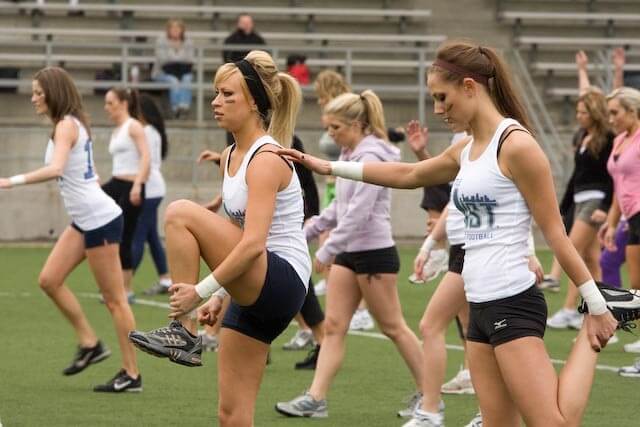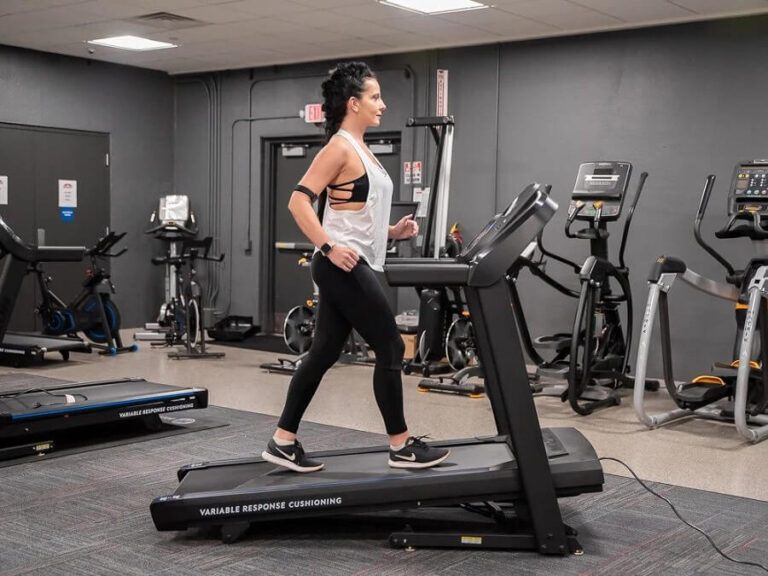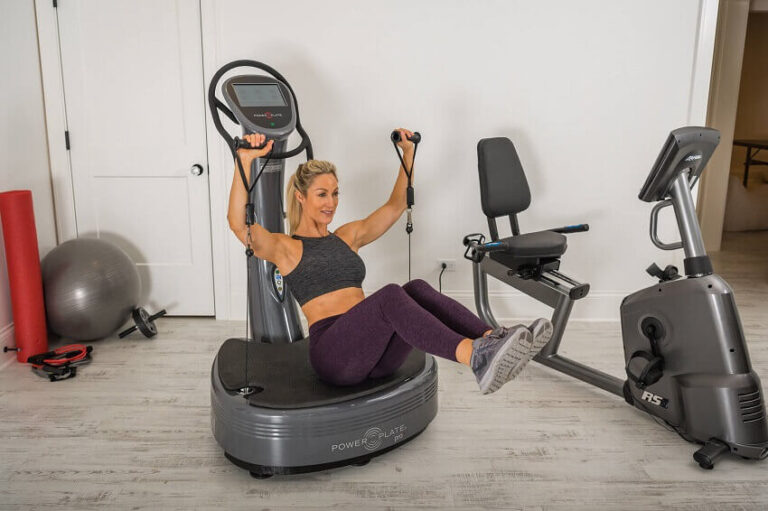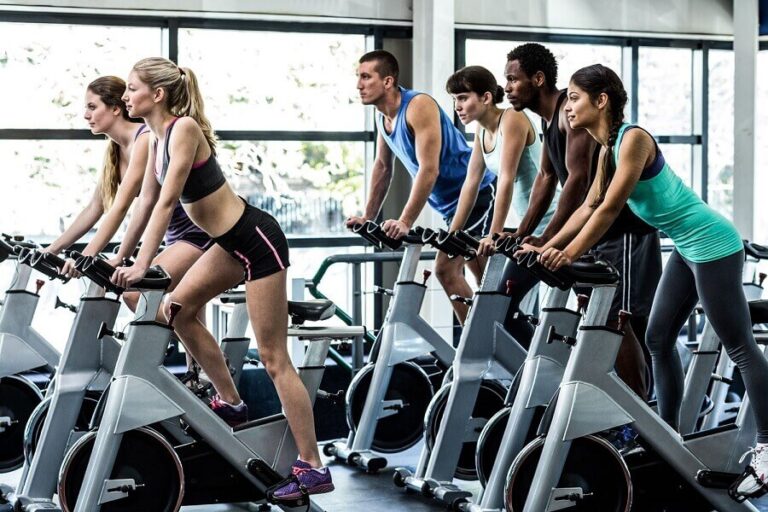People run for various reasons to reduce stress, improve health, and compete in races.
However, if you are trying to gain muscle, you may wonder if running helps you or may cause you to lose it.
This article explains the effects of running on gaining or losing muscles.
How does running affect your muscles?
Running can help build lower body muscles, but this is highly dependent on the intensity and duration of your runs.
In one study of 17 members where they ran at different speeds and durations, the results in gaining muscle mass were good by running for short periods – and resting between sets.
However, running marathons or long-distance races can adversely affect muscle growth.
In another study with 30 male amateur runners who ran 10, 21, and 30 km, all groups experienced significant increases in muscle damage markers. (2)
The levels of these muscle markers increased with distance and remained elevated even three days later.
Such studies suggest that workouts like sprinting can benefit leg muscle growth even more if it is complemented with recovery methods.
These results suggest that short-duration, high-intensity running builds leg muscles, while long-distance running causes significant muscle damage, inhibiting muscle growth.
How your body can gain muscles
Muscle size increases when a person continually challenges the muscles to achieve higher levels of resistance or weight. This process is known as muscle hypertrophy.
Muscle hypertrophy occurs when muscle fibers are damaged or injured. The body repairs damaged threads by fusing them, increasing muscle mass and size.
Certain hormones, such as testosterone, human growth hormone, growth hormone, and insulin, also play a role in muscle growth and repair.
Running at high intensities can help the body to:
- release growth hormone from the pituitary gland
- stimulate testosterone release
- improve muscle sensitivity to testosterone
Some examples of workouts for running and gaining muscle:
- Six sets of 20 seconds of sprinting at maximum intensity with 2 minutes of walking or light jogging
- Five sets of sprints of 30 seconds at full power separated by 4 minutes of walking or light jogging
- Four sets of 30-second steep sprints separated by the time it takes to walk back down the hill
- Try to do these workouts 3-4 times a week.
After your workout, walk at an average pace for 5–10 minutes. Active cooling helps lower your heart rate and prevents waste build-up in your muscles.
Ideal nutrition to gain muscles by running
Good nutrition is as essential to building muscle as running. Without the proper nutrients, your body cannot accomplish the muscle-building process.
- Proteins
While running stimulates cellular micro-damage and hormone production, protein is essential for repairing and strengthening muscle fibers.
This is why many people drink a protein shake before and after workouts.
Experts recommend consuming 1.0–1.5 grams of protein per pound of bodyweight daily to gain muscle. This equates to 80-120 grams of protein per day for a 70kg person.
Some protein foods are eggs, chicken, meat, legumes, soy, and lean cheeses.
- Carbohydrates
Carbohydrates are the preferred energy source that the body has, especially in an anaerobic exercise like running.
It has been shown that diets low in carbohydrates and high in fat, such as the ketogenic diet, impair the performance of the anaerobic exercise.
To fuel your workouts and ensure sufficient nutrient intake for running and gaining muscle, you must get 45-65% of your calories from carbohydrates.
- Fats
Fat serves as an energy source during low-intensity exercises, such as long-distance running. In addition, they are necessary to maintain your entire hormonal system normal.
Therefore eating fat is also essential to gaining muscle. However, it is not about eating fatty foods all the time. To increase muscle mass, you must choose healthy fats such as vegetable oils, avocados, nuts, and Omega-3s.
ABSTRACT
Running can help you gain muscle in your legs and abdomen. However, this will depend on the speed, distance, and intensity you run.
Long-distance running can inhibit muscle growth.
Short, high-intensity runs can help you gain muscle.
Also, to improve results, make sure you eat a balanced diet respecting the ratio of carbohydrates, proteins, and fats.







